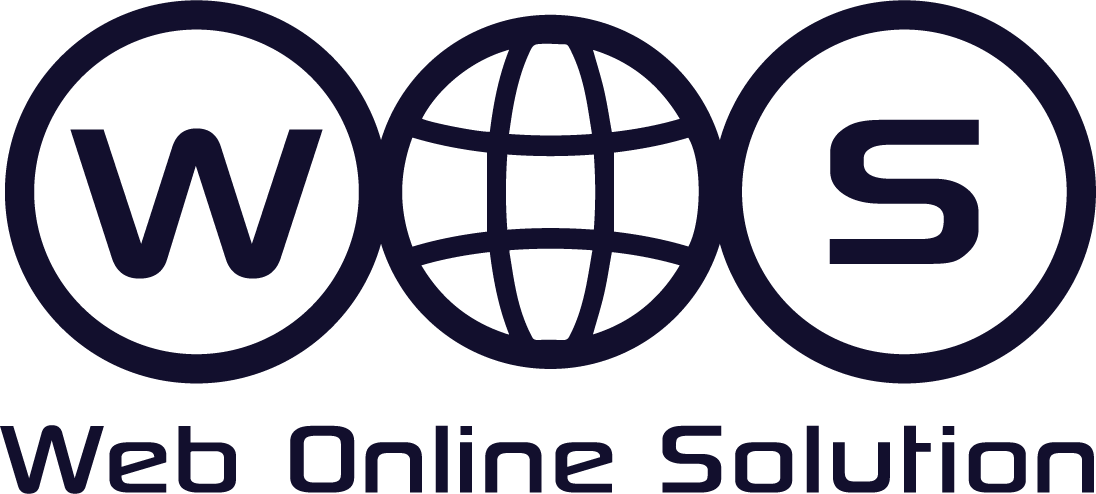Unlock exclusive bundle offers on Google Ads, HubSpot & more! Unlock your discount now!
Google Search Engine Evaluator Guidelines updated to insert “E-A-T” into “Page Quality”
Google recently updated its Search Engine Evaluator Guidelines, which are the reference point that human quality raters use to assess websites and SERPs.
While these don’t directly affect your rankings, the evaluation of these raters is used to improve Google’s search algorithm. If these changes are important enough for the search engine giant to make, then they are probably worth noting.

The update included more detailed directions about the use of interstitial pages or advertisements. It also puts the importance of “E-A-T” (Expertise, Authoritativeness, Trustworthiness”) within the definition of “Page Quality” in some sections.
These changes have two take-home messages for web developers.
Firstly, the use of interstitial pages or ads is being assessed for its intrusiveness on website speed and overall quality of the visitor experience to the page. Advertisers need to verify that their ads don’t limit a user’s ability to access the page’s main content.
And secondly, the addition of “E-A-T” as an indicator of Page Quality shows us the importance that the search engine places on these criteria, and that they are at least somewhat significant to how quality raters evaluate websites. So it is important you craft engaging, useful, and accurate content.

